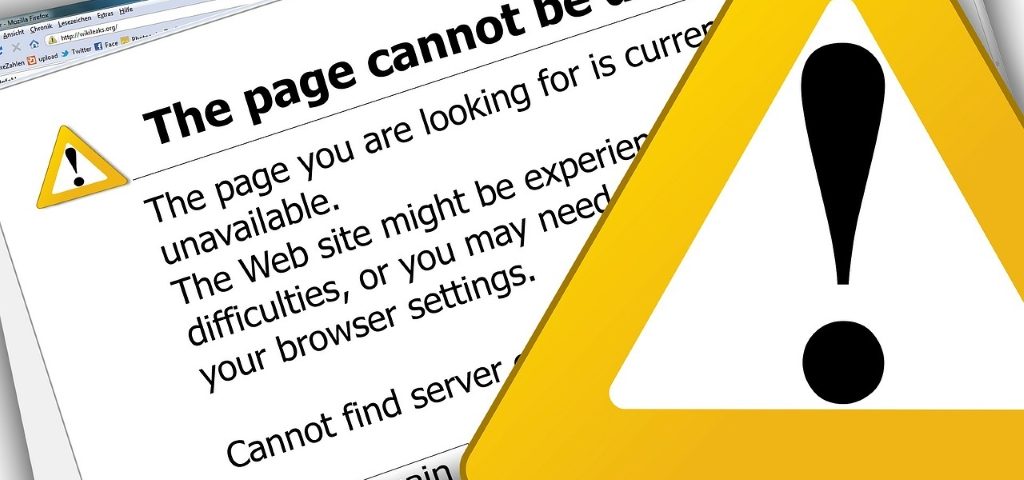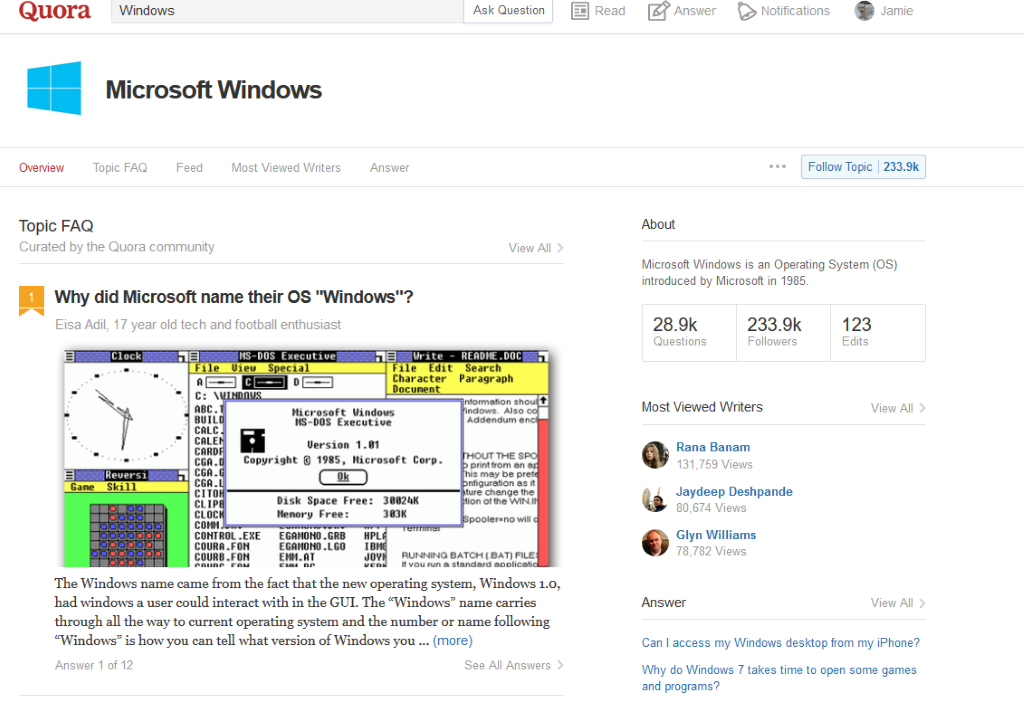10 mistakes many bloggers make and how to avoid them

On the surface, blogging is a simple way to make a living. Certainly, if you look at freelance websites, there are hundreds, if not thousands of people offering blog writing service from as little as $5 per 500 words. Unfortunately, many of these offerings are poor quality and offer next to no value to both the website owner or their audience.
Why no value? The worst offenders don’t engage the audience, they are often written badly and even worse, are not ranked well by the search engines due to poor quality and low time on page. Semantic keyword optimisation is usually zero due to poor language or poorly constructed sentences and many are still written with keyword targets in mind. Something that was retired around the same time as the feature phone.
They also include these 10 mistakes many bloggers make. Avoid them at all costs.
1. Writing for yourself and not your audience
Old but gold. The sheer number of bloggers out there who write purely for themselves and not for their readers is mind boggling. From engineers who write in geek speak to gadget bloggers who think adding text speak to their posts is cool. It is never cool to alienate people from your blog writing so don’t do it.
If you write your own hobbyist blog you can get away with writing for yourself as it’s likely you’re the only one who will be reading it. If you write professionally, you should always have the audience at the centre of everything.
2. Not proofreading
If you’re reading a website for a company that sells medical equipment or safety devices and spot spelling errors, how will they make you feel? Are you really going to trust their competence if they can’t even get their spelling right? Chances are that you won’t, which is why spelling mistakes and simple grammatical errors are unacceptable.
While grammatical rules are more relaxed than ever, there are still some that you have to abide by. If the blog post looks wrong, it probably is wrong. I tend to write content one day and leave it overnight or for a couple of days if I can. It’s amazing what mistakes you pick up when you’re in a different frame of mind!
3. Not including readability
Readability is about how you construct sentences and paragraphs, what words you use and how you lay out your pages. Nobody reads a wall of text so it needs to be broken up. Nobody enjoys reading words with several syllables and have to look up all the time either.
Break up the page with short sentences and short paragraphs. Use copious amounts of subheadings, use images and stick to accessible language. There is a time and a place for technical jargon, blog posts typically are not it.
4. Not developing your own voice
A writer’s tone of voice is unique to them. It is something we all have and comes across in how we say things as well as what we say. While copying someone else’s work is never acceptable, copying someone else’s voice is worse. Role models are important but just use them as inspiration and develop your own opinions and your own voice. It is what will keep readers coming back for more.
5. Not telling stories
Writers are storytellers. Content marketing is about telling a story about a company, product, service or whatever. While not all blog posts have a place for story, you should try to include one wherever suitable. Stories create interest and help convey key points, perspective and points of view.
Not every blog post will have the opportunity to develop a story but if you can integrate one into a post where it will fit naturally, engagement surely follows.
6. Not promoting your work
You don’t need me to tell you how important getting your blog posts shared on social media can be. Writing is only half of it, promotion is the rest. Selecting where and when to share is equally important. Some social networks are all about trending topics and momentary interest. Others concern themselves more with longer term engagement. Choose your network depending on the content you are delivering for best results.
Add options to share within the blog posts too but keep it low key. Don’t bombard the reader with requests to share or pop ups asking them to like your work. If they want to share it and there is an accessible means of doing so, they will.
7. Not using images
As weavers of words, blog writers tend to consider images as surface decoration, or worse, as an afterthought. A good blog writer will consider images as an integral part of their work. A good quality image with a sense of humour or alluring factor can make a huge difference to how well a post performs.
With the number of royalty free image sites growing all the time, there really is no excuse to not use them.
8. Not considering white space
Writing a blog post is about the words, but being a professional blogger is also about the space. White space is an incredibly important aspect of publishing and should form part of any bloggers considerations. Fill a page full of text and images and your eyes will tire quickly as there is simply too much information to take in.
Focus the page on the message you want to get across and include white space to let the eyes rest. White space allows your work to stand out so the reader can concentrate on what you have to say.
9. Not revising content as things change
I have spoken about evergreen content before. While not appropriate for every blog post, the act of going back and revising existing posts as technology and opinions change shows that you care about the content you produce and the people that read it.
There is a lot of content around repurposing content and a lot of good reasons why you should do it. Just choose carefully as not all blog posts are worthy of such treatment.
10. Not interacting with your audience
Finally, a professional blog writer does not just fire content and forget about it unless that’s all the brief requires. A good blogger will watch for comments, interact with the audience and engage them in conversation.
A blog is not a one way street, it is a platform for conversation. Ignoring your readers will show that you don’t care about them. So why would they care about you?



